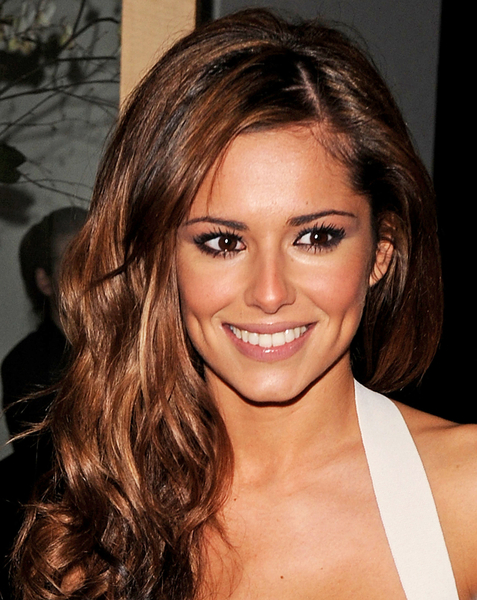

It is an unfortunate reality that America, land of opportunity though it might be, suffers from a painful shortage of aristocratic titles. While their wealth may be paralleled by none, the Cashes suffer from that terrible ailment of the' nouveau riche: the absence of any sort of true social respectability. But still, Cora is aware of the role that she plays, and of the responsibilities that come with this position. The emancipatory prospects of the humble bicycle, for example, fill Cora with glee: her humble metal contraption represents a temporary escape from the demands of her mother and her much vaunted social status. While there's no doubt that she revels in the attention and adoration she receives from her contemporaries, and that she submits rather happily to those aspects of her life that serve to propel her along the upwardly-mobile channels to which her mother, Ms Cash, has worked so doggedly to gain access, Cora seems to crave respite from her mother's unwavering focus on appearance and reputation.

She seems awash, afloat, a little lost amongst a tight schedule of costume changes and social commitments. This book is a strange beast, particularly considering Goodwin's wide-ranging literary credentials, but it's quite a compelling one.Ĭora lives a somewhat conflicted existence. Which is a curious melding of serious historical fiction, a Mills and Boon title, and a page or two from New Weekly magazine.

It is, rather like Cora herself, brash, bold, and unapologetic for being what it is. Her name, though, rather sets the tone for what is to follow:' My Last Duchess makes no pretenses at being a subtle book. Wealthy American heiress Cora Cash, the protagonist of Daisy Goodwin's debut' My Last Duchess, is rather aptly, if not especially subtly, named.


 0 kommentar(er)
0 kommentar(er)
